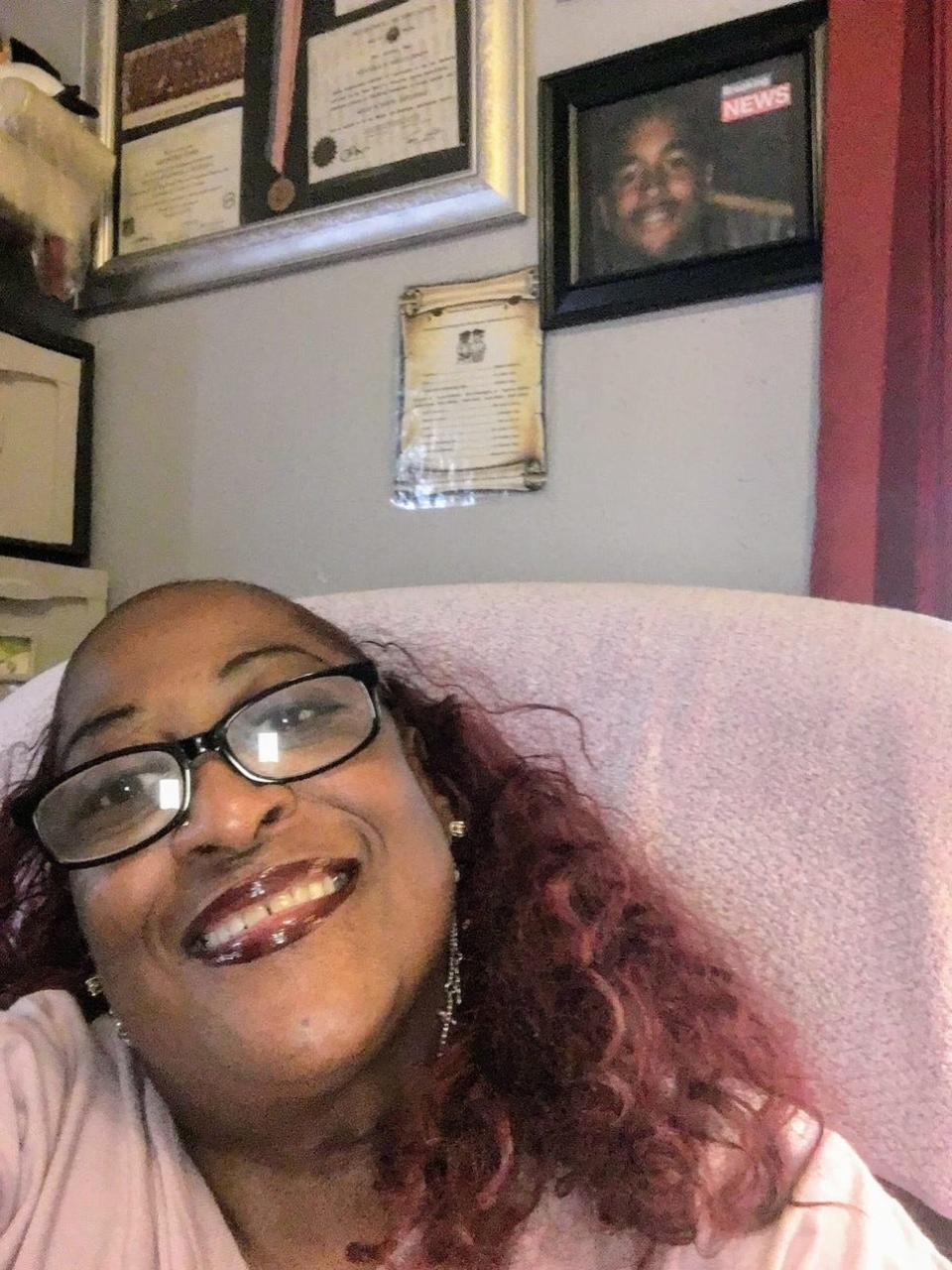Curtis' Law: A step in the right direction for families of Florida crime victims
On May 22, Gov. Ron DeSantis signed Curtis’ Law HB 233 into law. The bipartisan bill sponsored by Rep. Kiyan Michael (R-Jacksonville) and Sen. Shevrin Jones (D-Miami) will ensure that families of homicide victims have access to basic information about their loved one’s case and investigation. It’s a huge step forward for the state of Florida and a victory for families like mine who are fighting for answers and justice for their loved ones.
Curtis’ Law — named for my son — will address an unimaginable reality for too many families who aren’t given basic information or updates on the investigation (or even a case number) when their child is murdered.
As I celebrate this commonsense measure to help families of murder victims in our state, I know there is more to be done. Victims of violent crime and families of loved ones lost to violence need better help. A recent survey of Florida crime survivors found that for the vast majority our basic needs are not met. That includes medical assistance, mental health support or even basic information about navigating the legal system or available services.
A somber tally: This mother's story reflects 163 families of Jacksonville homicide victims in 2022
Life 'turned upside down': Florida group seeks stronger crime victim measures
Letters: Does PGA Tour chief Jay Monahan really want to 'grow the game' of golf?
Together, crime survivors and families of crime victims are speaking out and sharing our stories to urge lawmakers to make smart investments that promote public safety and foster healing for all. We are advocating for more trauma recovery centers, for example, that connect victims and grieving families with resources that help them regain safety and move forward with their lives.
Curtis' Law is a step in the right direction for crime victims and their families. It is a recognition that while the justice system is about punishing criminals, it is also about providing support to those who have been harmed by crime. The law gives families the information they need to understand what happened to their loved ones, allowing them some answers to help them begin to heal.
Thanks to the new law, during the investigation of the death of a minor, investigators will be required to provide next of kin with key information about the case, such as the case number, contact information for investigators, the status of the investigation and how to collect their loved one’s personal effects.
We lost my son Curtis when he was just 16. His death was initially ruled an accidental drowning, but I knew the official story didn’t add up. I spent years tracking down information about his case and piecing together the little information that was provided to me. After years of struggling for answers, my son’s death was reclassified as a homicide. His case remains unsolved to this day.
I still miss my son terribly, but some of my anguish from not being provided information about his case is lessened today because I know that other parents won’t go through what I did. That’s what Curtis’ Law is all about.

After Curtis’ death, I vowed that I would never stop fighting for justice and for other families whose loss was compounded due to feeling unheard by the justice system. I found purpose by standing with crime victims and other families of murdered loved ones as a member of Crime Survivors for Safety and Justice.
Together, we will not rest until Florida crime survivors have the support they need to heal.
Patricia Ward of Jacksonville is the mother of Curtis Williamson. She is a member of Crime Survivors for Safety and Justice, as well as a tireless advocate for crime victims and their families. She testified in favor of Curtis' Law before the Florida House and Senate about why information is so important to grieving families.
This guest column is the opinion of the author and does not necessarily represent the views of the Times-Union. We welcome a diversity of opinions.
This article originally appeared on Florida Times-Union: New law requires police to share more case info with victims' families

